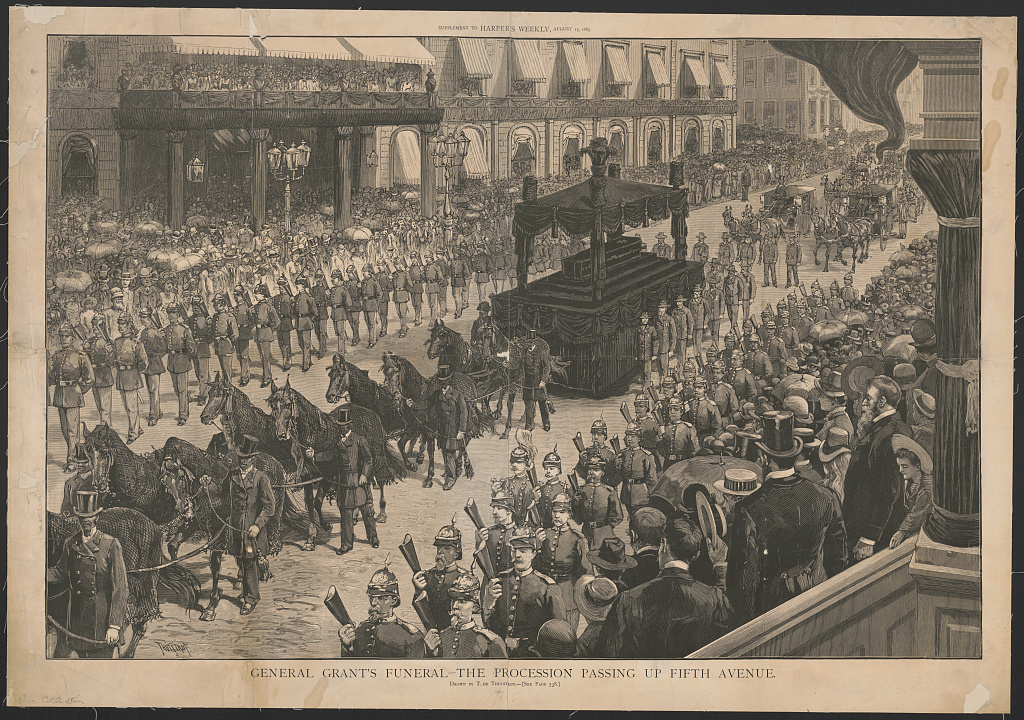“So in everything, do to others what you would have them do to you, for this sums up the Law and the Prophets.” -Matthew 7:12
Ulysses S. Grant is one of the most significant figures in American history. Grant served as the 18th President of the United States of America. Grant was not from a prestigious family. His father was a tanner and had a leather store in Galena, Illinois. Although he was not passionate about military service, Grant would attend and graduate from West Point. He would serve in both the Mexican War and the Civil War. By the end of the Civil War, Ulysses S. Grant would hold the rank of General of the Army. He would oversee the surrender of the Confederate forces at the Appomattox Court House. His leadership in the Civil War would make him an American hero.
His tremendous popularity would make Grant a natural choice to run for President. He would serve as President from 1869 to 1877. He would oversee reconstruction in the south. It was a difficult time as our country worked to put itself back together after a war that cost over 750,000 lives. The country had to recover physically, economically, socially, and spiritually.
President Grant died on July 23, 1885. The country mourned the loss of an American icon. Grant’s funeral procession, in the streets of New York City, was almost seven miles long. Thousands of people turned out to pay their respects to the great General and President.
At his death, President Grover Cleveland appointed his pallbearers. They were General William Tecumseh Sherman and General Philip Sheridan. Both men fought for the Union. The other two pallbearers were General Simon Bolivar Buckner and General Joseph Johnston. These two fought for the Confederacy. In the procession, Union and Confederate officers road side by side. Although they had once fought against one another, they gathered in New York to honor the legacy of a man who dedicated his life to rebuilding the United States.
The funeral procession was one of the largest gatherings of military, active and non-active duty, in a time of peace for our nation. In the procession were people of different political parties and former enemies. They came together to show that despite their differences, unity, respect, and kindness were possible and necessary.
Disagreements and divisions are as old as history itself. This is why we must always consider how we treat one another. We will not always agree, but we can approach all people with respect and kindness. There are so many topics that lead to disagreement, but we can be unified in how we treat each other.
Rev. Keith King, Pastor of Worship



